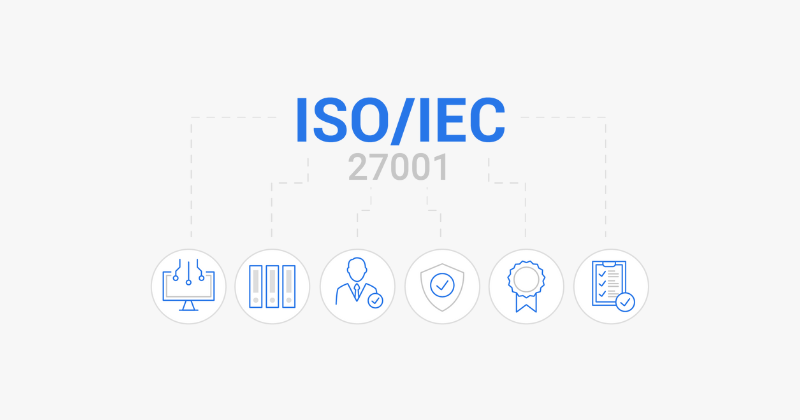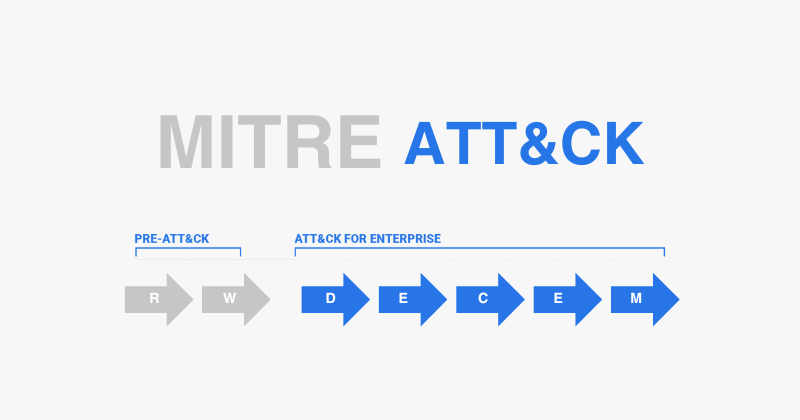In the payment digital arena exposed to data breaches and cyber threats, achieving Payment Card Industry Data Security Standard (PCI DSS) compliance has become a crucial, non-negotiable requirement for software vendors and enterprises engaged in payment processing. PCI DSS represents a secure framework designed to protect cardholder data. Yet, compliance should not merely be viewed as a regulatory obligation; it is a game-changer, transforming your business into a trusted leader in the market.
This article explores how harnessing PCI DSS compliance can elevate your company’s market presence, strengthen brand reputation, and ultimately drive enduring business success.
Understanding PCI DSS Compliance
What is PCI DSS?
PCI DSS encompasses a collection of security standards aimed at guaranteeing that all organizations that accept, process, store, or transmit credit card data maintain a secure environment. It focuses on six objectives and 12 requirements, tackling a wide range of practices from network security to access control.
The Importance of Compliance
Adhering to PCI DSS not only protects sensitive data, but also sends a clear message to customers and partners that your business prioritizes security and data protection. With rising consumer awareness and the demand for secure transactions, PCI compliance increasingly influences purchasing decisions, compelling businesses to comply.
The Business Necessity of PCI DSS Compliance
Regulatory Requirements
- Understanding Consequences: Navigating the complex landscape of regulatory expectations surrounding PCI DSS is essential for software firms. Non-compliance can lead to hefty fines, increased transaction fees, or even loss of the right to process card payments.
- Financial Implications: Ensuring compliance addresses not just regulatory challenges but is also a fundamental business necessity impacting profitability.
Market Trends
- Consumer Preferences: As consumers grow more vigilant regarding data privacy, the demand for compliant software solutions rises. A recent study reveals that about 70% of consumers prefer to partner with organizations demonstrating a commitment to security standards such as PCI DSS.
- Strategic Positioning: Understanding these evolving market trends is crucial for positioning your company competitively.
Utilizing Compliance as a Competitive Lever
Transform Compliance into Trust
Today’s consumers are acutely aware of where they provide their payment information. Achieving PCI compliance fosters consumer trust, significantly influencing purchasing behavior. Research by PwC indicates that 55% of consumers would avoid brands they do not trust with their data. By prominently showcasing your PCI compliance on your website and marketing materials, you reassure potential clients of your data security, boosting your sales potential.
Risk Management and Cost Savings
Adhering to PCI DSS minimizes the risk of data breaches, reducing the financial consequences associated with security events. A robust compliance program can lead to lower costs from fines and loss of customer trust. Importantly, investing in compliance upfront often proves more cost-effective than managing the repercussions of non-compliance.
Enhancing Brand Reputation
Achieving PCI compliance elevates your brand’s profile. It distinguishes you from competitors who may not prioritize compliance and security. Prominent companies like Amazon and PayPal leverage their compliance certifications to foster trust and loyalty among users, demonstrating that compliance is vital for elevating brand perception.
Aligning Business Objectives with Compliance Strategies
Integrating Compliance with Business Practices
- Seamless Integration: Merging compliance with your daily operations is key. Integrate compliance requirements into your software development lifecycle right from the outset.
- Best Practices: Consider adopting secure coding practices, conducting regular vulnerability assessments, and embedding compliance checks within deployment processes.
Collaboration with Compliance Experts
Partnering with compliance specialists can aid in navigating the complexities of PCI DSS. Engage vendors and leverage benchmarking reports to align your business strategies with compliance needs, ensuring a cohesive approach to maintaining compliance.
The Role of Technology in Maintaining Compliance
Automation in Compliance Monitoring
Technology is essential to sustaining compliance. Automated solutions streamline compliance procedures, allowing for real-time monitoring and reporting that reduces the administrative burden on teams. Using Security Information and Event Management (SIEM) systems enhances the efficacy of compliance reporting and risk evaluations significantly.
Ongoing Training and Awareness
Regular training for your workforce on compliance practices is critical. Establish consistent training programs and workshops to ensure all team members understand PCI DSS requirements as well as your company’s policies. Investing in staff education nurtures a security-aware culture and bolsters compliance efforts.
Future-Proofing Your Business with PCI DSS
Foreseeing Changes to PCI DSS Standards
Keeping abreast of modifications and updates to PCI standards is vital to shield your business from future threats. The PCI Security Standards Council consistently revises guidelines to meet emerging security challenges. Proactively evaluating your compliance status allows your organization to swiftly adapt to any regulatory shifts.
Building Resilience Through Compliance
Maintaining a resilient compliance program is essential for industry evolution. Develop flexible compliance frameworks that ensure scalability and adaptability alongside established incident response protocols. This practice will fortify your organization against potential security challenges.






